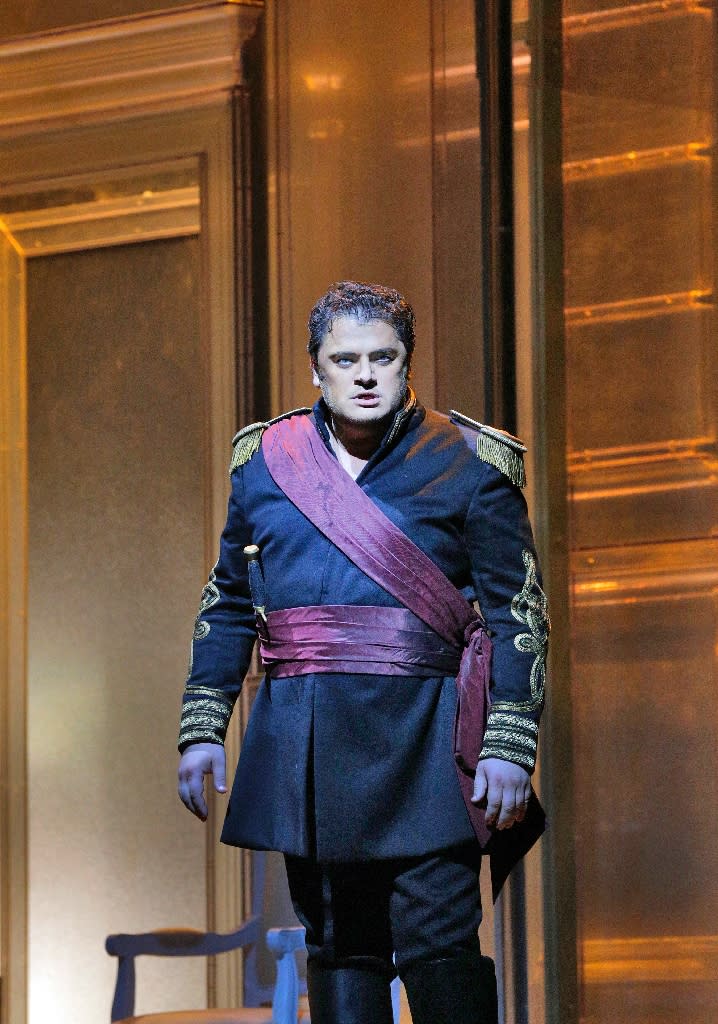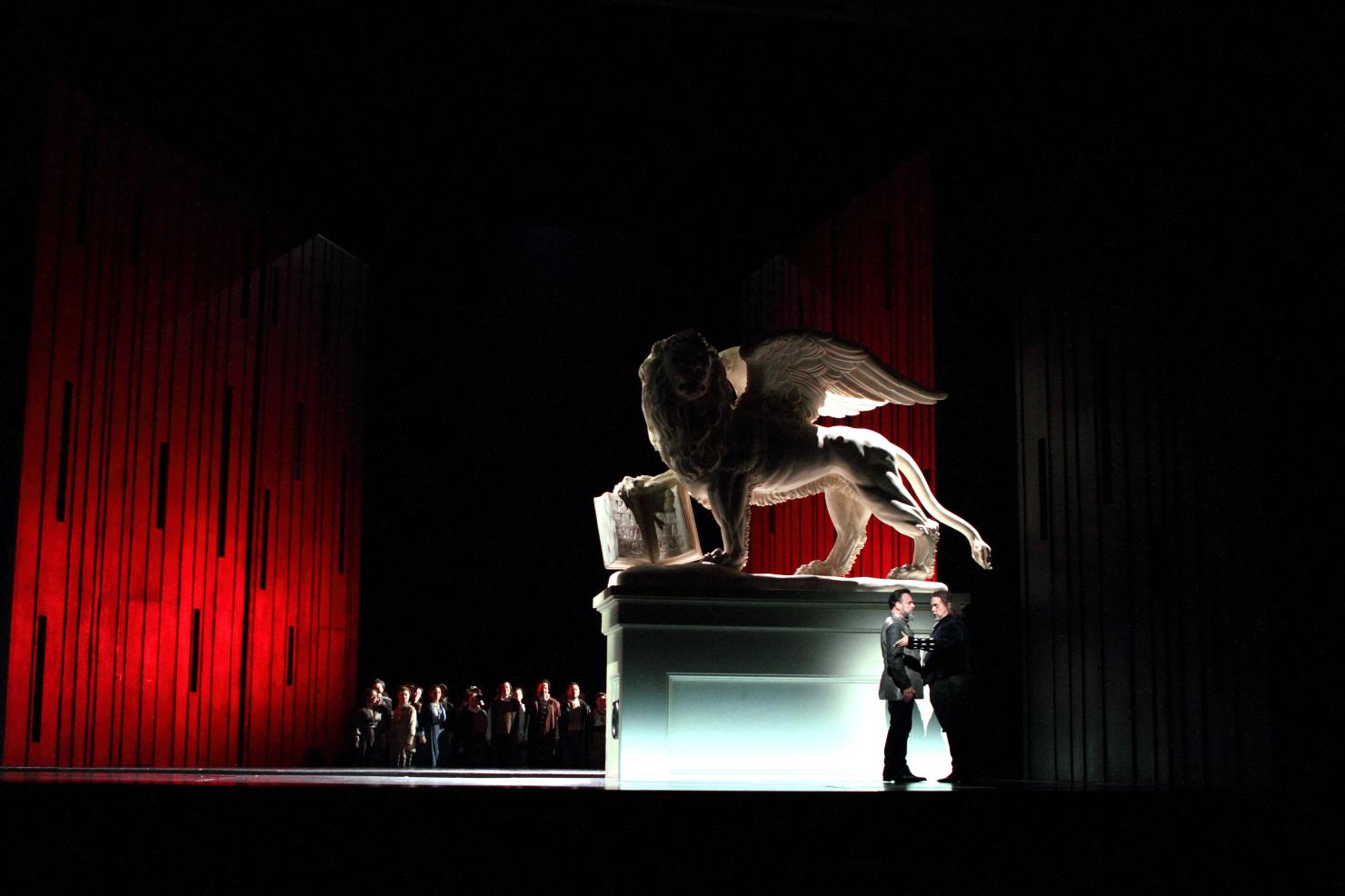


#VERDI OPERA BASED ON A SHAKESPEAREAN CHARACTER SKIN#
The abandoning of blackface makeup in Otello has itself been controversial, with some critics asking: Does this work as drama? Is it true to Verdi’s (and Shakespeare’s) original intentions? Some African-American opera singers have noted that Othello’s skin color is an integral part of the plot of the play and the opera (read an interesting round table discussion the Washington Post conducted with four black opera singers: “The Rarity of Black Faces, Not Otello in Blackface, Should be Issue in Opera”).ĭo you think Peter Sellars’s updated, multiracial Don Giovanni works? Do you think Sellars’s casting choices are colorblind - i.e., based solely on vocal ability - or intentional? If intentional, what do you think Sellars is trying to say about race in society? Do you think he is right or wrong?įor an overview of some of the contributions of African Americans to opera, read “African American Opera Singers are the Best Opera Singers in the World. This Menotti opera drives the character Baba to murder when she is consistently frightened by the. Giuseppe Verdi was always fascinated by the plays of Shakespeare he wrote three operas based on them, and. In most stagings of the opera, this implies that a white tenor will take the role and sing the character as a white man, no longer as the “Moor of Venice.” Opera Giuseppe Verdi Macbeth (opera in four acts). From now on, every production of the opera at the Met will be sung by a tenor in his own skin. It wasn’t until 2015 that the Metropolitan Opera, one of the most prestigious opera houses in the world, announced it was doing away with blackface in Otello.

Black men do, especially - as some whites think - sexually.” George Shirley, who between 19 sang well over 20 leading tenor roles at the Metropolitan Opera, agrees.”Women present no problems to male dominance. Ellen Faull, for many years a leading soprano with the New York City Opera and now a voice teacher, thinks that the boards of opera companies want to keep black men in a subservient role. Most black singers believe while most audiences have no objection to white men making love to black women on stage, the idea of a black man making up to a white woman arouses too many racial prejudices. But also, more nefariously, opera’s primary consumers have traditionally been moneyed older white patrons, whom opera producers have not wanted to “offend” by showing the traditional romantic pairing of tenor and soprano the male partner a black man and the female a white woman. Opera been traditionally considered a white, European cultural practice, with little to attract young black singers. What’s more, the number of black operatic tenors is been small, and not for lack of talent. Otello is a notoriously demanding role, and the number of operatic tenors worldwide who can sing it at the highest level is limited indeed.


 0 kommentar(er)
0 kommentar(er)
